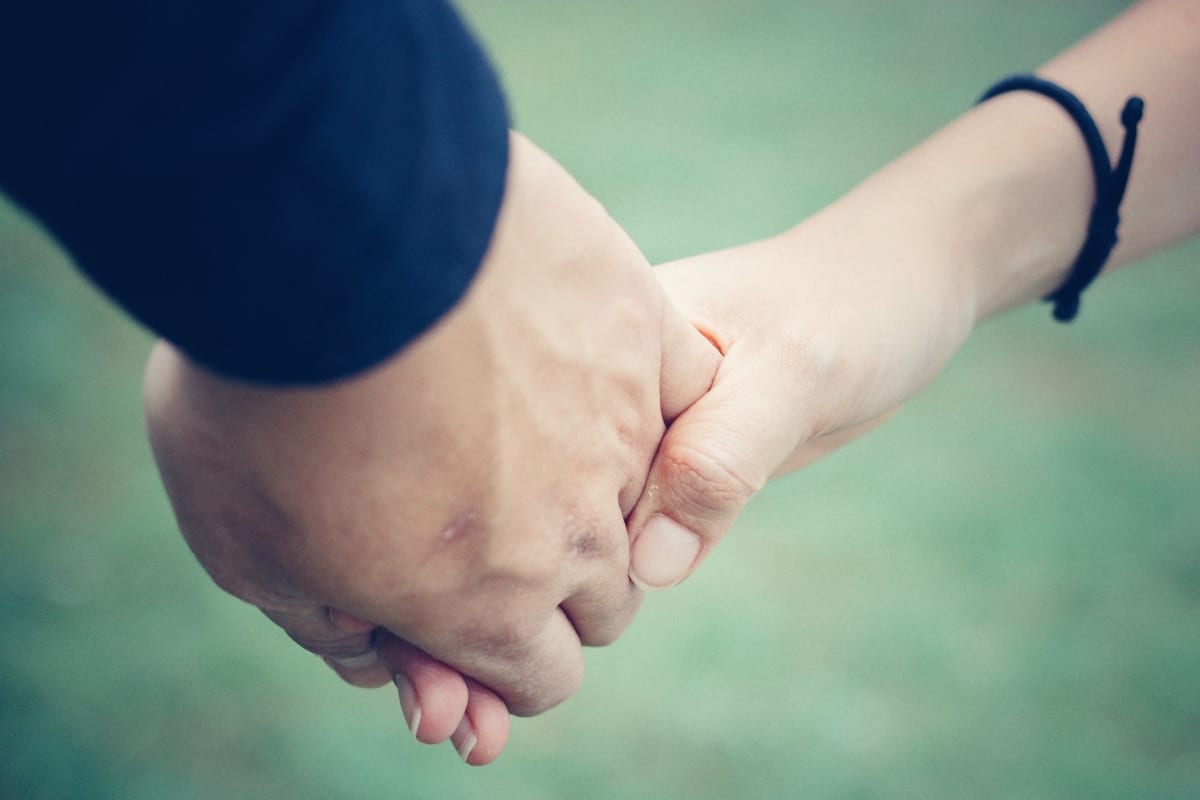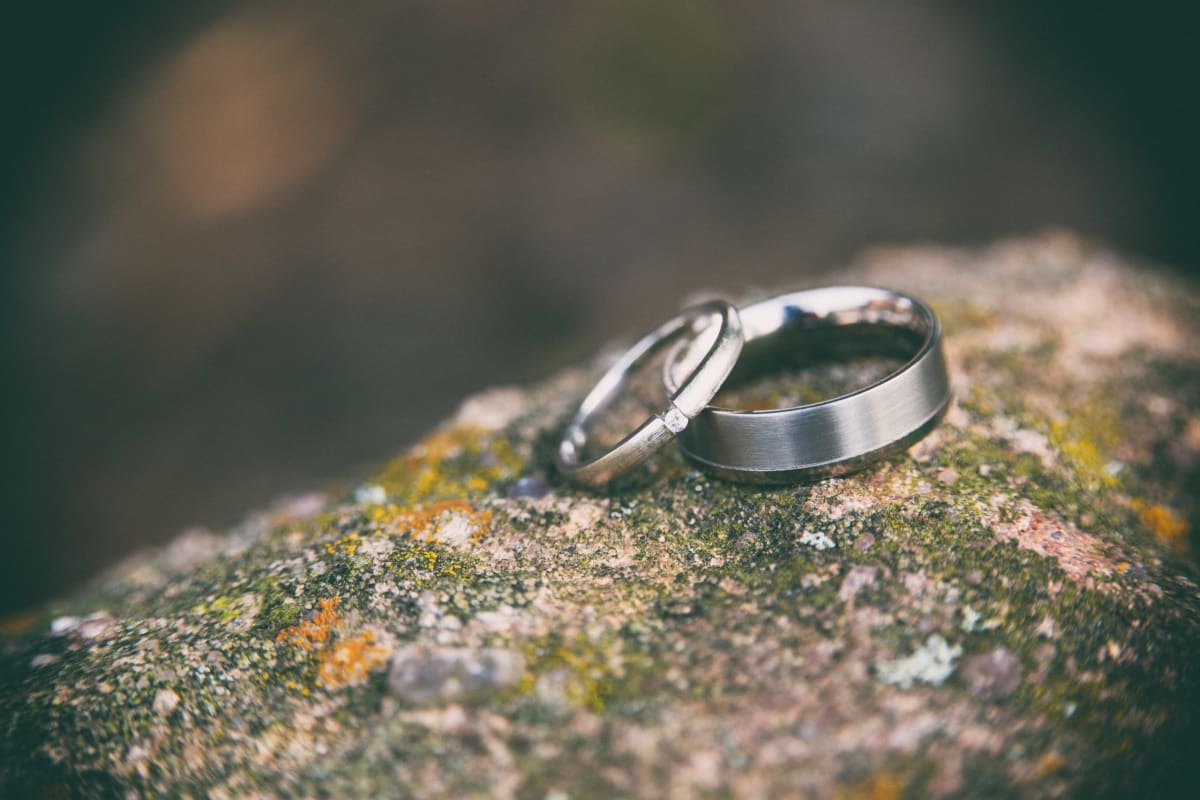
Death positivity is an attitude towards life and death that emphasises the importance of open and honest discussion about death and a re-familiarisation with end of life processes. Rather than treating death as something that should be hidden away and not talked or thought about, death positivity argues that individuals should take a more open approach to death, break down the taboo surrounding the topic and not shy away from the difficulties of thinking and talking about it. In recent years, death positivity has become increasingly popular, even solidifying into a burgeoning movement of activists and practitioners that hope to spread the message about death positivity and what it can do.
What death positivity is not
Death positivity does not involve the glorification or trivialisation of death, nor does it consider it a good thing. Instead, it preaches that death is an inevitable part of life that we all will experience at some point. It does not aim to force people toward a certain perspective or world view, but does encourage an open approach toward the subject of death. Death positivity is not associated with any single organisation or religious authority and can be considered more of an attitude than a doctrine or rigid set of beliefs.
Why is death positivity important?
For many, the taboo surrounding death prevents them from openly discussing their feelings or grieving in a way that suits or benefits them. This taboo means that we often hide death away and don’t confront it directly – an attitude that can have profoundly negative effects on our ability to make essential end of life choices and ensure everything is prepared for someone’s eventual passing. The fear surrounding death can lead to individuals bottling up emotions and thoughts that really do need to be released, potentially making a tough time even more difficult.
While everyone must be allowed to grieve in their own way, death positivity is about removing barriers to healthy grief; with the intended consequence that people are able to deal with the challenges and trials of bereavement in a constructive way.
Many also find that choosing to take on a more positive attitude when it comes to mortality can liberate them from anxiety when it comes to their own death, and as a result feel that they are free to make the most of their finite lives.

Why is death positivity emerging now?
The attitudes reflected in the philosophy of death positivity are hardly new ideas. They are ideas that are re-emerging now as a response to modern society’s detachment from death. As medical treatment and methods have improved over the years, death has intruded less on our everyday lives and we are not faced with its reality as regularly as past societies would have been. This has resulted in a detachment from the reality of death and a desire to avoid it as a topic. Similarly, the way in which we respond to death (our end of life customs and traditions), have changed significantly, limiting our exposure to death even further. The death positivity movement has emerged in an attempt to provide some perspective on death and to encourage greater interaction with the issue.
What can you do?
Although there are a number of organisations, such as The Order of the Good Death, which provide a more focused outlet for the ideas of death positivity, it’s more akin to a state of mind that can be adopted by individuals at any time than it is to a movement which you can join. You can start by beginning to talk with loved ones about their end of life wishes and asking a number of important questions. For instance: Do you have a will? How do you want to spend your last moments? What kind of funeral would you want? What do you think happens after death? These are a just a few ideas but are a good place to start if you wish to open up discussions about death. There are also death cafes around the country that allow individuals to talk openly about mortality. If you or a loved one is approaching end of life, you may wish to enlist the services of an end of life doula. A doula can often be an enormous source of comfort for someone who is unwell.


